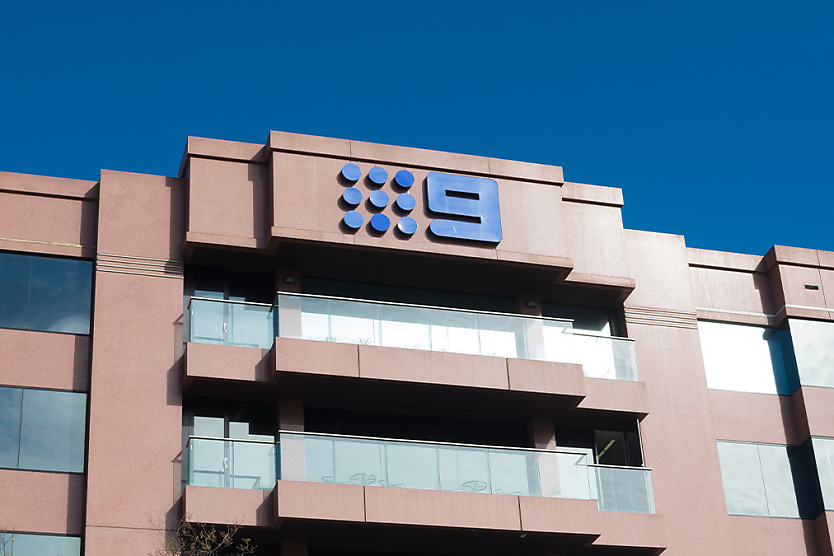Nine Entertainment employee alleges he was forced to resign following bullying complaint
SHARE THIS ARTICLE

A former Nine Entertainment employee alleges the company failed to properly investigate his allegations of bullying and failed to bring it to a stop.
Nine Entertainment has been caught up in an Anti-Discrimination Act 1977 case involving a former employee who alleged that he was not only bullied but also discriminated against due to his Iranian background.
Mark Saravi commenced his employment with Nine in 2018 on a fixed-term contract until 2021, when he was appointed on a permanent basis as a senior engineer. Then, in 2022, Saravi was a senior software engineer in the web digital publishing team.
In June 2022, Sarvani alleged that his colleague, Stuart Leyland, began to bully him, not on the basis of any discriminatory factor, such as race, but instead about his competence as an engineer.
Saravi sent his manager, Gautham Bhonsle, a message regarding the treatment he was receiving from his colleague, stating that Leyland’s behaviour allegedly “became very aggressive, almost yelling at me” during a meeting.
Bhonsle replied with a supportive message, ending it by saying, “Let’s find common ground, and I’ll try to ensure that we as a team are not faced with similar situations going forward. Please involve me in such a discussion in future.”
Proposed meetings were spoken about between various parties, which also involved the inclusion of the HR department, which was aware of the conflict.
Saravi conducted numerous emails with his manager regarding how they were going to progress through this predicament. Saravi, in regard to the alleged conduct of Leyland, said to his manager in an email: “If the past few months is anything to go by, my future in Nine will be very grim as there is such a discrimination and bias against me from someone with the position of power and influence.”
After this, Saravi raised the issue of bullying with Luke Blair, the senior engineering manager, who allegedly said to Saravi, “go find a job elsewhere” and “we could vaporise you”.
This conflict had been going on for months, and then Saravi contacted HR directly on 28 October 2022. He spoke to Isabella Serg, people and culture business partner, about making a complaint about the alleged bullying and harassment.
From this, Luke Harrington, people solutions manager, conducted an investigation into the alleged claims by Saravi about bullying and harassment. During the investigation, Harrison reviewed messages and had interviews with Saravi and all the members of his team as well as Leyland and Bhonsle.
Not once during his discussions with Harrington did Saravi mention that he believed the bullying was due to his race.
After more meetings between Serg and Saravi, a discussion about having a performance improvement plan (PIP) was put forward. On 8 November 2022, during a meeting that was meant to set out the foundations for the PIP, Saravi alleges that he was told to resign with an offer of financial payment.
He also alleged that Serg told him that all his complaints would be dismissed and that his employment would be terminated, allegedly saying something along the lines of “write your own narrative and resign …”
On 11 November 2022, Saravi met with Serg again. Saravi alleged that she doubled down on her prior statements, repeating that all claims would be rejected and saying, “There is no way that we terminate Mr Leyland for someone like you.”
On 16 November 2022, Harrington finalised his investigation report. He found none of the allegations substantiated.
After the investigation was completed, Saravi received his PIP, which featured criticisms of his behaviour from Blair in regard to his communication methods, stating he disrespectfully argued with Serg and, on a number of occasions, would raise his voice.
On 8 December 2022, Saravi was officially notified of a PIP. On 19 December, Saravi resigned.
As far as Saravi’s further allegations go:
- He claimed that Nine blocked and frustrated his attempts to stop the alleged bullying and harassment.
- Saravi alleged that Serg had no evidence that he had any performance or behavioural issues prior to determining to commence the PIP for “strong communication issues, has challenges with communication.
- Saravi submitted that this demonstrated that she stereotyped him based on race, which is that an Iranian migrant would be disrespectful, aggressive, loud, and disruptive.
- Saravi alleged that Serg’s motive was her own hate and contempt for an Iranian Migrant.
Due to the application being based on the Anti-Discrimination Act 1977, finding substantial evidence to reinforce the allegations was crucial throughout the consideration. The tribunal, however, struggled to find substantial evidence that could support Saravi’s allegations.
According to the consideration, “Saravi’s case was that Leyland bullied and harassed him, not because of race, but when he reported the bullying and harassment, Nine failed to investigate the complaint, commenced performance management and pressured him to resign and that these three actions were taken because of his race.”
However, these allegations lacked the needed evidence. There was no direct evidence that the PIP had anything to do with Saravi’s race or was used as a form of retribution based on him being an Iranian migrant.
“Simply believing or feeling that you have been discriminated against is insufficient to satisfy the onus in the act. An applicant needs to satisfy the tribunal that the discrimination in fact occurred,” the consideration said.
In this case, that was not achieved; therefore, the application was dismissed.
RELATED TERMS
When a company terminates an employee's job for improper or illegitimate reasons, it is known as an unfair dismissal.
Kace O'Neill
Kace O'Neill is a Graduate Journalist for HR Leader. Kace studied Media Communications and Maori studies at the University of Otago, he has a passion for sports and storytelling.

